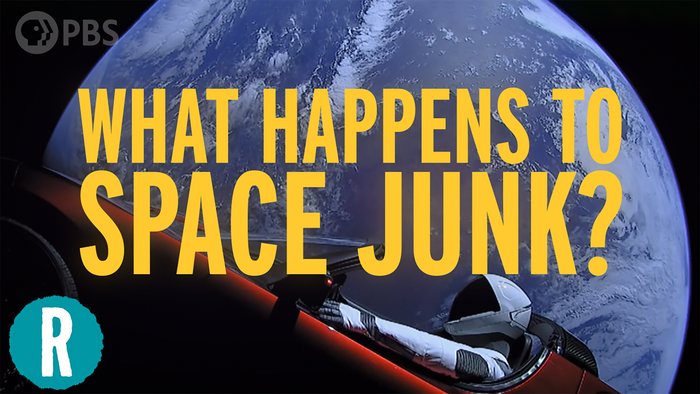WASHINGTON, July 18, 2022 — Remember when Elon Musk launched a car into space? That car’s not just peacefully drifting through a vacuum — it’s hurtling around the sun at 63,592 miles per hour, being bombarded by solar radiation. It might be in pieces, but these are not the same pieces it would be in if it were down here on Earth. That’s because the environment in space breaks down materials differently. But how long does it take to break down, and how is that car looking right about now…? https://youtu.be/VIRP-bNtZdY.

Credit: The American Chemical Society
WASHINGTON, July 18, 2022 — Remember when Elon Musk launched a car into space? That car’s not just peacefully drifting through a vacuum — it’s hurtling around the sun at 63,592 miles per hour, being bombarded by solar radiation. It might be in pieces, but these are not the same pieces it would be in if it were down here on Earth. That’s because the environment in space breaks down materials differently. But how long does it take to break down, and how is that car looking right about now…? https://youtu.be/VIRP-bNtZdY.
Reactions is a video series produced by the American Chemical Society and PBS Digital Studios. Subscribe to Reactions at http://bit.ly/ACSReactions and follow us on Twitter @ACSReactions.
The American Chemical Society (ACS) is a nonprofit organization chartered by the U.S. Congress. ACS’ mission is to advance the broader chemistry enterprise and its practitioners for the benefit of Earth and all its people. The Society is a global leader in promoting excellence in science education and providing access to chemistry-related information and research through its multiple research solutions, peer-reviewed journals, scientific conferences, eBooks and weekly news periodical Chemical & Engineering News. ACS journals are among the most cited, most trusted and most read within the scientific literature; however, ACS itself does not conduct chemical research. As a leader in scientific information solutions, its CAS division partners with global innovators to accelerate breakthroughs by curating, connecting and analyzing the world’s scientific knowledge. ACS’ main offices are in Washington, D.C., and Columbus, Ohio.
To automatically receive news releases from the American Chemical Society, contact [email protected].
Follow us: Twitter | Facebook | Instagram




